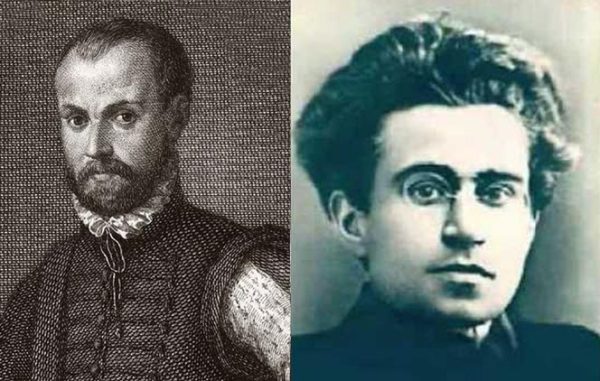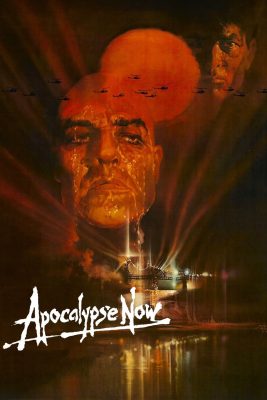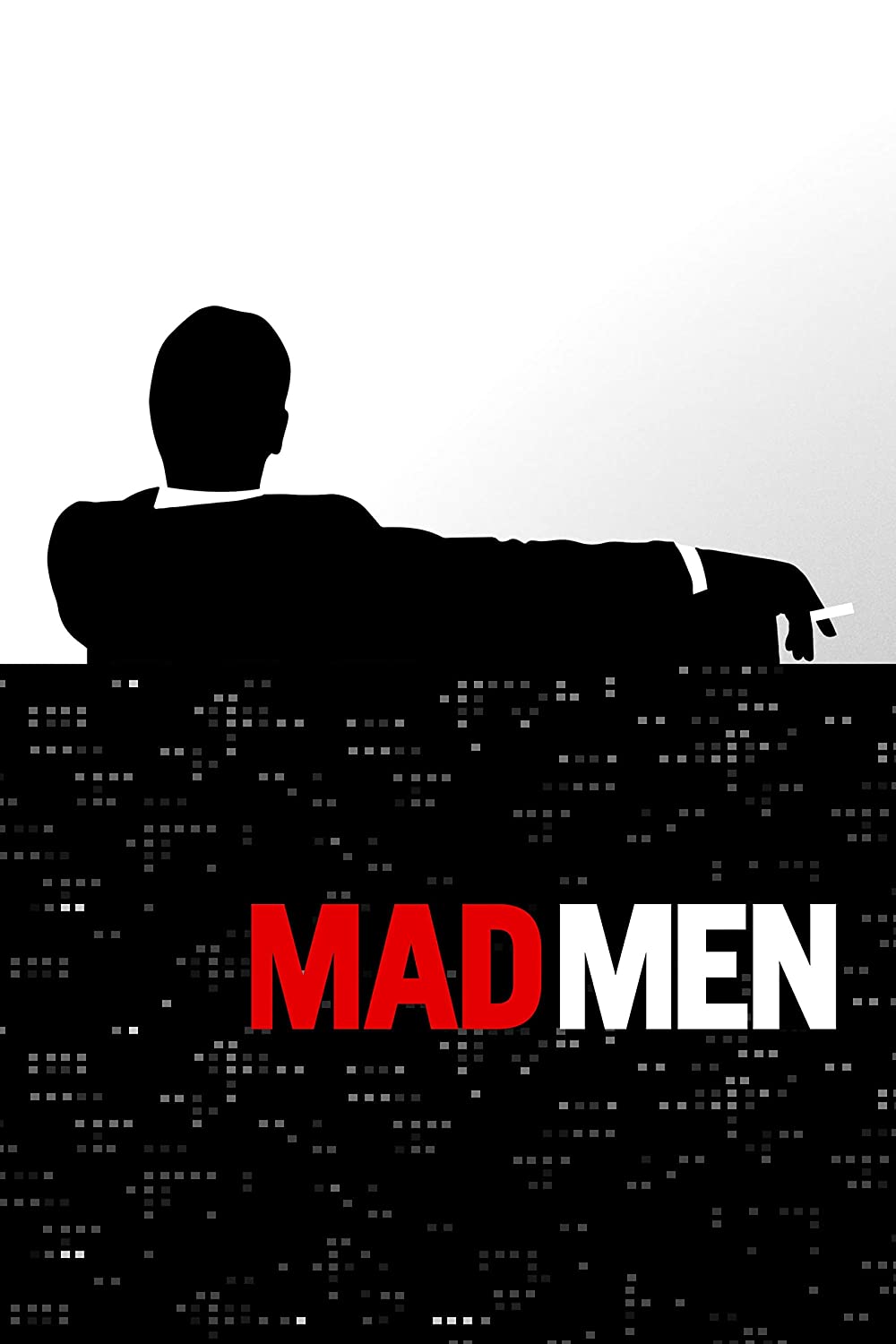Article: “An Absurd View at Jacques and his Master” by Mohsen Ebrahimizadeh Ghahrood
Book : Jacques and his Master – Milan Kundera
An Article by : Mohsen Ebrahimizadeh Ghahrood
The Story is about three characters who narrate the story of their mistresses’ betrayal
The show takes place on an empty stage that includes two separate spaces. One space in the upper stage and another in the lower stage. In the upper stage, the difference between the distance and the lower stage is not more than a few centimeters, Events that the characters recount their past, or in other words, Memories of their past are displayed at the top of the stage and present events are performed at the bottom of the stage. Kundera masterfully depicts these two different times in a symbolic space and place at the same time. And we can also see very well how he creates a very complex connection in the form of a humorous show with a very bitter theme. We even see that sometimes words are exchanged between two times, which is also a matter of interaction. Sometimes several tables and chairs are brought to the stage, which is also used to help tell the stories that the three people, Jacques and the master and the hostess, are telling each other.
Now we go to the characters of the play and the play itself. The play begins with Jacques and the Master staring at the audience, and the first dialogues exchanged between Jacques and the Master are about where they came from and where they are going. Jacques shows an unknown place that he is not sure about and does not even show the destination. They are just going and time goes by and distances go by but for no reason.
One of the first dialogues of the actors and perhaps it can be said that one of the most important dialogues of the character of Jacques in the play is this dialogue:
” Jacques: Because the day I lost my virginity, I went out and got drunk. my father, mad with rage, gave me a beating. a regiment was passing through, I signed up, a battle broke out a bullet hit me in the knee. and that was the start of a long string of adventures. without that bullet, I don’t think I’d ever have fallen in love.”
This dialogue is repeated over and over in the play, and a sentence is added to it each time. This dialogue is a metaphor for the whole life of Jacques’ character in the play. A life that can be summed up in one paragraph. After all these years and all these hours and days spent of a lifetime that can all be summed up in one line, This life is completely absurd. The fact that a small event changes a person’s whole life is one of the biggest reasons for its frivolity and absurdity.
With a closer look at the characters in the story, we can easily see that throughout the story of the characters in the play remains vague and undefined, From the beginning to the end of the story, we see only a series of vague memories of the past of the three main characters of the story that are displayed, and finally, we realize that all three characters of the story had vague and undefined characters. This is proof of the claim that the story and the play are based entirely on the philosophy of the absurd because we degrade the characters of the story to such an extent that we no longer care about their existence and we can easily see the play with their voices, and even knowing and not knowing them, except for their names, does not make a difference even in comprehension the story. In most of his books, Kundera uses the technique of choosing the characters of his stories vaguely and only as a symbol of a certain group and model of people in the society, and he never seeks to explain them and only their actions and words. During the play, we see that there is constant talk about what was written on high, Looking at the beginning of the play, we see that the two do not know where they came from and where they want to go. Those Hight, which are a metaphor for the destiny of human beings, which many have believed in the past and still have,
life is mandatory. Kundera has used this word (mandatory) in the play. Life has overwhelmed man and he sees that his life is completely empty. An absurdity that has no purpose, if it had, it would no longer be absurd. This means that our lives as human beings are reduced to coming and going, while we do not know the destination and we do not even know what we are doing in the meantime. Even betrayal of people is quickly forgotten. We easily forget our childhood after years Also, after the death of our loved ones, after a few years, we will not have any trace of their grief and remembrance, and we will easily continue our life and go through it so that we can join them. And finally, the funeral for us held and we will be forgotten.
On the other hand, we see that in one part, Master asks Jacques ” do you know who it is who dared rewrite our story?” And Jacques replies, ” An imbecile, sir…” This in itself indicates that it is from a stupid creator that emptiness is born. Of course, if there is a creator.
“Master: Death to all who dare rewrite what has been written! impale them and roast them over a slow fire! castrate them and cut off their ears!
Jacques: Rewriters are never burnt, sir. everybody believes them.”
” Jacques: you know my grandfather, the one who kept me gagged and read the bible every night, he didn’t always like what he read, he would even say that the bible repeated itself and that anyone who repeated himself took his listeners for idiots, and you know what I’ve been wondering, sir? whether the one who does all the writing on high hasn’t repeated himself an incredible amount and whether he too doesn’t take us for idiots…”
Elsewhere we read the Master says:
” Master: …You know what I wondered yesterday evening as I listened to the story of Madame de la Pommeraye? whether it isn’t always one and the same story. after all, Madame de la Pommeraye is merely a replica of Saint Ouen, while I am no more than a version of you poor friend Bigre, who himself is but a counterpart of the dupe of a Marquis. and I see no difference whatever between Justine and Agathe, and Agathe is the double of the little whore the Marquis eventually married. And Jacques pensively replies ” yes, sir, it’s like a merry-go-round.”.
Yes, like a merry-go-round in which we are immersed in infinity and we are constantly spinning and we are born on it and we die on the same and we are imprisoned in its seats and the one who spins it, He sees us and laughs at us, and that laugh is the most he gives us.
It should also be noted that the love story of Jacques, as well as the story of the Lord, are both stories that are as weak as the general story of the play and without end and conclusion, just as we can not make a specific conclusion at the end of our play.
Jacques: “We are mortal, or that the world is rotten,”
says Jacques, and Jacques knows that this is a fact that is unnecessary and that everyone should know.
” Jacques: don’t worry, sir. I don’t like unnecessary truths, I know of nothing more stupid than an unnecessary truth.
Master: for example?
Jacques: for example, that we are mortal. or that the world is rotten. as if we had to be told. you know the sort who steps on the stage like a hero and cries, ” the world is rotten!” well, the audience applauds, but Jacques isn’t interested, because Jacques knew it two hundred, four hundred, eight hundred years before him, and while he and his sort shout, ” the world is rotten!” Jacques prefers to please his master
Master: …. his rotten master…
Jacques: … his rotten master, by inventing big-bottomed woman of the kind he loves so well.
Jacques: So don’t ask any questions, don’t try to learn the truth. “
In the end, Jacques asks his master ” now tell me where are we going? ” and the master says: ” which of us knows where we’re going? ” and Jacques says: ” nobody knows.”
And finally, while they are both sad, Jacques, with a hand that is spinning around him, while drawing a hypothetical circle around himself, shows the path by chance, and they both continue on their way, which is the same way. And they exit diagonally upstage (mentioned earlier is a symbol of the past) and join the other characters in the play (all of whom left the stage) and, of course, Kundera himself. Falls.
“Jacques: there, there. now tell me where are we going?
Master: which of us knows where we’re going?
Jacques: nobody knows.
Master: no one
Jacques: you lead the way, then.
Master: how can I lead the way if we don’t know where we’re going
Jacques: because it’s written on high. you are my master and it’s your duty to lead.
…
Jacques: all right, then. I want you to lead me … forward…
Master ( looking around, highly embarrassed): very well but where is forward?
Jacques: let me tell you a great secret. one of mankind’s oldest tricks. forward is anywhere.
Master: ( turning his head round in a circle): anywhere?
Jacques ( making a large circle with one arm): anywhere you look, it’s all forward!
Master ( without enthusiasm): why that’s splendid, Jacques! that’s splendid! ( he turns around slowly in place.)
Jacques ( melancholy ): yes, sir. I find it quite wonderful myself.
Master ( after a brief bit of stage business, sadly: well then, Jacques, forward!
(they exit diagonally upstage…)
Prague, July 1971″
Finally, perhaps a paragraph from Kundera summarizes the entire life of Kundera and dozens of other writers who have taken a step into the philosophy of absurdity (which Kundera quotes in the preface to the play “Jacques and His Master“):
“Servant and master have made their way across all the modern history of the west. in Prague city of the grand farewell, I heard their fading laughter. with love and anguish, I clung to the laughter as one clings to fragile, perishable things, things that have been condemned.”
Paris, July 1981




